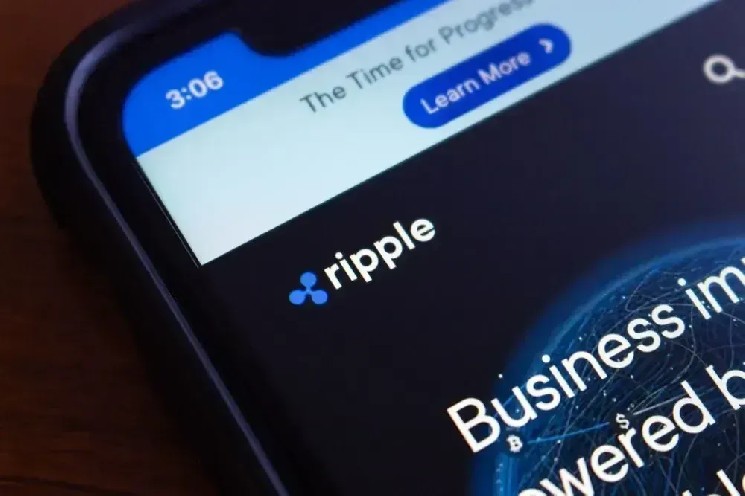MicroStrategy, a self-proclaimed Bit company, founder Michael Saylor has released a Digital Assets Framework report, in which he believes that by establishing clear classifications, legal rights frameworks, and practical compliance obligations, the US can lead the global digital economy. The report also supports the idea of creating a strategic Bit reserve to help offset national debt.
Table of Contents
ToggleDigital Asset Categories
Saylor first categorizes digital assets as follows:
- Digital Commodities: Assets without an issuer, supported by digital forces, e.g. Bit
- Digital Securities: Assets with an issuer, supported by securities, e.g. stocks, bonds, derivatives
- Digital Currencies: Assets with an issuer, supported by fiat currencies
- Digital Tokens: Fungible assets with an issuer, providing digital utility
- Digital Non-Fungible Tokens (NFTs): Non-fungible assets with an issuer
- Digital Asset-Backed Tokens (ABTs): Assets with an issuer, supported by physical assets, e.g. gold, oil, agricultural products
Establishing Legality
Next is the need to establish rights and responsibilities:
- Issuers: The right to create and issue digital assets; the responsibility to ensure fair disclosure and ethical conduct
- Exchanges: The right to custody, trade, and transfer assets; the responsibility of asset disclosure and customer protection
- Holders: The right to self-custody, trade, and transfer assets; the responsibility to comply with local laws
Practicality: Reasonable Compliance to Promote Innovation
Digital assets need to be reasonably compliant to promote innovation, including:
- Standardized Disclosure: Defining the data structure for each digital asset category to enable fair public disclosure
- Industry-Led Compliance: Allowing exchanges to collect and publish asset data
- Cost Constraints: Limiting issuance and maintenance compliance costs, with Saylor suggesting issuance costs should be less than 1% of the asset's total value, and annual maintenance compliance costs should be less than 10 basis points
- Simplified Issuance: Removing regulators from the critical path of digital asset issuance, empowering exchanges to provide comprehensive services for issuers, owners, and other exchanges
The Vision of Digital Assets: A Renaissance of the Capital Markets
If the above goals can be successfully achieved, the US has the opportunity to drive a 21st-century renaissance of the capital markets, unlocking trillions of dollars in value creation.
- Rapid Issuance: Allowing issuers to create and issue digital assets within hours or days
- Cost Reduction: Reducing issuance costs from $10-100 million to $10,000-$100,000
- Expanded Access: Opening the capital markets to 40 million businesses (currently only 4,000 listed companies)
- Broader Participation: Enabling small businesses, artists, celebrities, and mid-sized enterprises to raise funds through tokenized assets
Establishing the US as a Global Digital Leader
The US has the opportunity to drive a 21st-century renaissance of the capital markets, unlocking trillions of dollars in value creation. A strategic digital asset policy can strengthen the US dollar, offset national debt, and make the US the global leader of the 21st-century digital economy.
- The US Dollar as a Global Reserve Digital Currency: Growing the digital currency market from $25 billion to $10 trillion
- Digital Capital Growth: Expanding the global digital capital market from $2 trillion to $280 trillion
- Digital Asset Leadership: Driving digital assets from $1 trillion to $590 trillion
- Strategic Bit Reserve: Establishing a Bit reserve to create $16-81 trillion in wealth for the US Treasury
Peter Schiff: Completely Nonsense
Self-proclaimed gold bull analyst Peter Schiff commented on his post: "This is complete nonsense. The proposal will have the opposite effect. It will weaken the dollar, exacerbate the national debt, and make the US a laughingstock. It will strip power from businesses, reduce growth, and destroy value."
Peter Schiff is a staunch advocate of gold, and he recently criticized MicroStrategy founder Michael Saylor for doubling down on Bit, mocking him with the "egg man" joke, saying MicroStrategy hasn't made money and Bit is just an old scam in new packaging.
(Gold Man vs. Bit Man, will Michael Saylor accept this new human battle?)
Risk Warning
Cryptocurrency investments are highly risky, and their prices may fluctuate dramatically, potentially resulting in the loss of your entire principal. Please carefully evaluate the risks.








